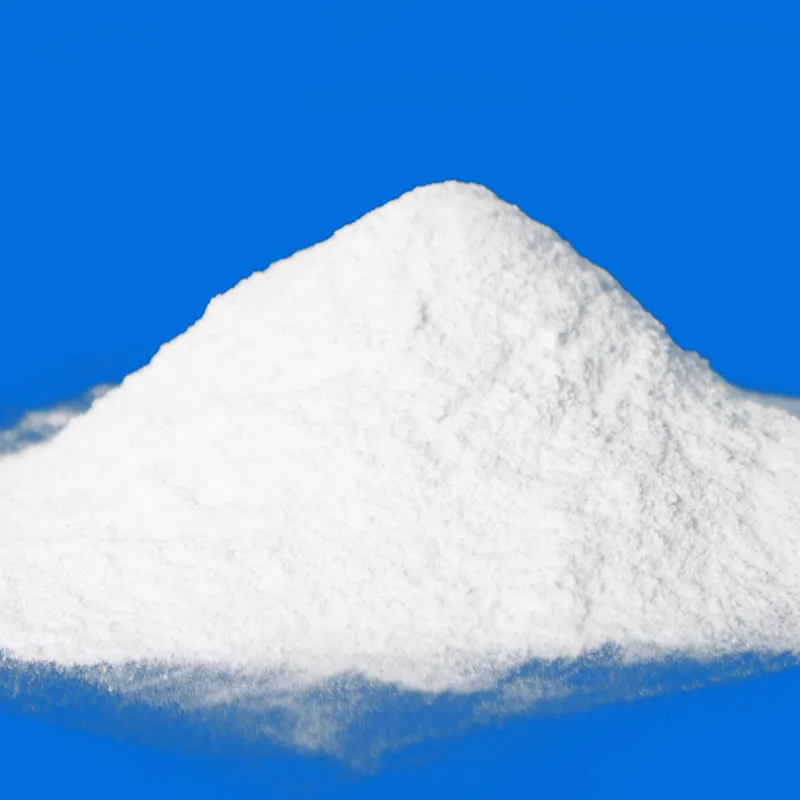
calcium carbonate food additive
Calcium carbonate, a naturally occurring compound found in rocks, shells, and minerals, has become a vital food additive in various industries. Its chemical formula is CaCO₃, and it is widely recognized for its safety and efficacy in enhancing food products. This article will explore its uses, benefits, and some important considerations regarding its application in the food industry.
Primarily, calcium carbonate serves as a food additive under the E number E170. It is used in the food sector for several reasons, the most significant being its role as a calcium supplement. Calcium is essential for numerous bodily functions, including bone health, muscle contraction, and nerve signaling. As many individuals do not obtain sufficient calcium through their diets, calcium carbonate presents a convenient solution for fortifying foods such as dairy products, cereals, and other processed foods.
Additionally, calcium carbonate functions effectively as a food preservative. Its alkaline nature helps to maintain the pH balance, thus inhibiting the growth of certain bacteria and extending the shelf life of various food products. This property is particularly advantageous in the manufacture of powdered foods, where moisture and bacteria can pose risks.
Moreover, this compound acts as a food stabilizer and anti-caking agent. In powdered or granulated products, such as powdered milk or spices, calcium carbonate prevents clumping, ensuring a free-flowing texture. This functionality enhances not just the quality but also the appeal of various food items.
calcium carbonate food additive

Another notable use of calcium carbonate is in the production of carbonate drinks. It acts as a buffering agent, which helps to regulate acidity levels, ensuring a balanced taste profile. In this context, calcium carbonate can enhance the mouthfeel of beverages, providing a smoother experience for consumers.
Despite its benefits, it is essential to consider the recommended daily intake of calcium. Excess consumption of calcium carbonate can lead to issues such as kidney stones or hypercalcemia. Therefore, while it is a beneficial additive, it is crucial to use it judiciously and within established guidelines.
Furthermore, the source of calcium carbonate can vary, as it may be derived from natural or synthetic processes. Consumers looking for clean-label products should be aware of the sources of the additives in their food. Transparency in labeling allows consumers to make informed choices that align with their dietary preferences and health considerations.
In conclusion, calcium carbonate is a multifaceted food additive that plays significant roles in enhancing the nutritional value, safety, and sensory appeal of food products. Its applications range from being a calcium source to acting as a stabilizer and preservative, making it an indispensable component in the food industry. However, as with any additive, moderation is key, and consumers should remain informed about their dietary intake of calcium.
-
nitrile-rubber-honoring-strict-production-standardsNewsAug.22,2025
-
aspartame-ingredients-honoring-food-safety-valuesNewsAug.22,2025
-
fertilizer-for-balanced-plant-nutritionNewsAug.22,2025
-
cyanide-gold-processing-with-high-purity-additivesNewsAug.22,2025
-
formic-acid-in-textile-dyeing-applicationsNewsAug.22,2025
-
aluminum-hydroxide-gel-in-skincare-productsNewsAug.22,2025
-
Regulatory Compliance for Global Mining Chemicals UseNewsAug.12,2025
Hebei Tenger Chemical Technology Co., Ltd. focuses on the chemical industry and is committed to the export service of chemical raw materials.
-

view more DiethanolisopropanolamineIn the ever-growing field of chemical solutions, diethanolisopropanolamine (DEIPA) stands out as a versatile and important compound. Due to its unique chemical structure and properties, DEIPA is of interest to various industries including construction, personal care, and agriculture. -

view more TriisopropanolamineTriisopropanolamine (TIPA) alkanol amine substance, is a kind of alcohol amine compound with amino and alcohol hydroxyl, and because of its molecules contains both amino and hydroxyl. -

view more Tetramethyl Thiuram DisulfideTetramethyl thiuram disulfide, also known as TMTD, is a white to light-yellow powder with a distinct sulfur-like odor. It is soluble in organic solvents such as benzene, acetone, and ethyl acetate, making it highly versatile for use in different formulations. TMTD is known for its excellent vulcanization acceleration properties, which makes it a key ingredient in the production of rubber products. Additionally, it acts as an effective fungicide and bactericide, making it valuable in agricultural applications. Its high purity and stability ensure consistent performance, making it a preferred choice for manufacturers across various industries.





